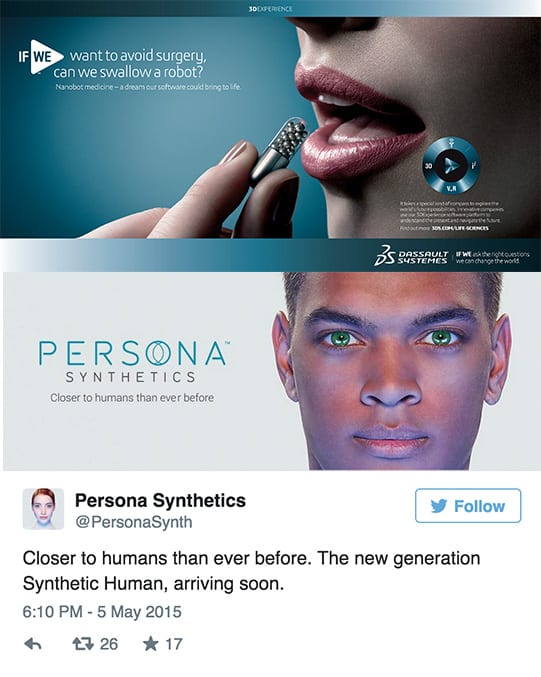Life expectancy is increasing in the developed world. The latest scientific research tells us that the first person to live for 1,000 years has probably already been born. This has untold repercussions, but have many of us stopped and wondered how it might affect our relationship with brands? If brand owners are to live as long as the buyers of those brands, then the dynamic between businesses and consumers is likely to experience a dramatic shift.
 At restless we build and maintain strong and consistent brand loyalty, but what challenges are we likely to find when we look to sustain that loyalty over an extended length of time? Will it require agencies to develop
100-year retainer cycles? Will brands need to diversify into parallel areas and play a part in many aspects of our lives to stay relevant? One look at Amazon Pantry or Google Home tells us this kind of diversification is already in full swing. Will brands that already depend on a longer consumer nurture period benefit most, like selling Miracle-Gro for your slow-growing Bonsai Tree? What about smaller purchases and fast brand interactions – will we see the end of them altogether?
At restless we build and maintain strong and consistent brand loyalty, but what challenges are we likely to find when we look to sustain that loyalty over an extended length of time? Will it require agencies to develop
100-year retainer cycles? Will brands need to diversify into parallel areas and play a part in many aspects of our lives to stay relevant? One look at Amazon Pantry or Google Home tells us this kind of diversification is already in full swing. Will brands that already depend on a longer consumer nurture period benefit most, like selling Miracle-Gro for your slow-growing Bonsai Tree? What about smaller purchases and fast brand interactions – will we see the end of them altogether?
There’s a good chance that making a purchase in the future will actually require greater commitment from us – like joining a club, society or culture in a much more overt way than we do today. Could this mean it becomes a class-driven association? Will you be walking the dog down Waitrose Avenue or calling in at your mate’s in one of Tesco’s neighbourhoods? Will Dyson collect your weekly rubbish as well as repair your electric car and fix the local road network? Will future humans outlive and transcend the very idea of money, materialism and capitalism, nullifying the need for a brand in the first place?
There may be as many possible outcomes as there will be additional years. What interests us the most is how these potential changes will affect the way brands market themselves to ordinary people. Currently, brands focus on giving people what they want in the here and now (Behavioral Economics, ‘System 1’) as opposed to trying to convince them to think ahead when making purchase decisions (‘System 2’). If we are living longer, perhaps we will all begin to think ahead and make decisions for tomorrow, which will fundamentally alter the way brands and organisations market to consumers. Whatever the future outcome it’s likely that consumers will, at some point, look to consolidate all the information, all the noise they experience on a daily basis, into as few brand touchpoints as possible to simplify a life that is likely to span a great deal of time.
Even today, there are lots of people who opt for an Amazon Prime membership to get everything from batteries and bulbs to bleach and Christmas presents delivered directly to their door – because it’s easier. Why shop with 7 different businesses when being part of a club gets you access to everything under one ‘roof’? As the human condition becomes ever more complex, it has never been more important to truly understand how that human entity operates, and how we can utilise that information to create a relationship.
Our approach is to stand back and consider the needs of our clients from a broader perspective and, when necessary, conduct consumer research and analyse customer journeys to build the perfect brand strategy.

